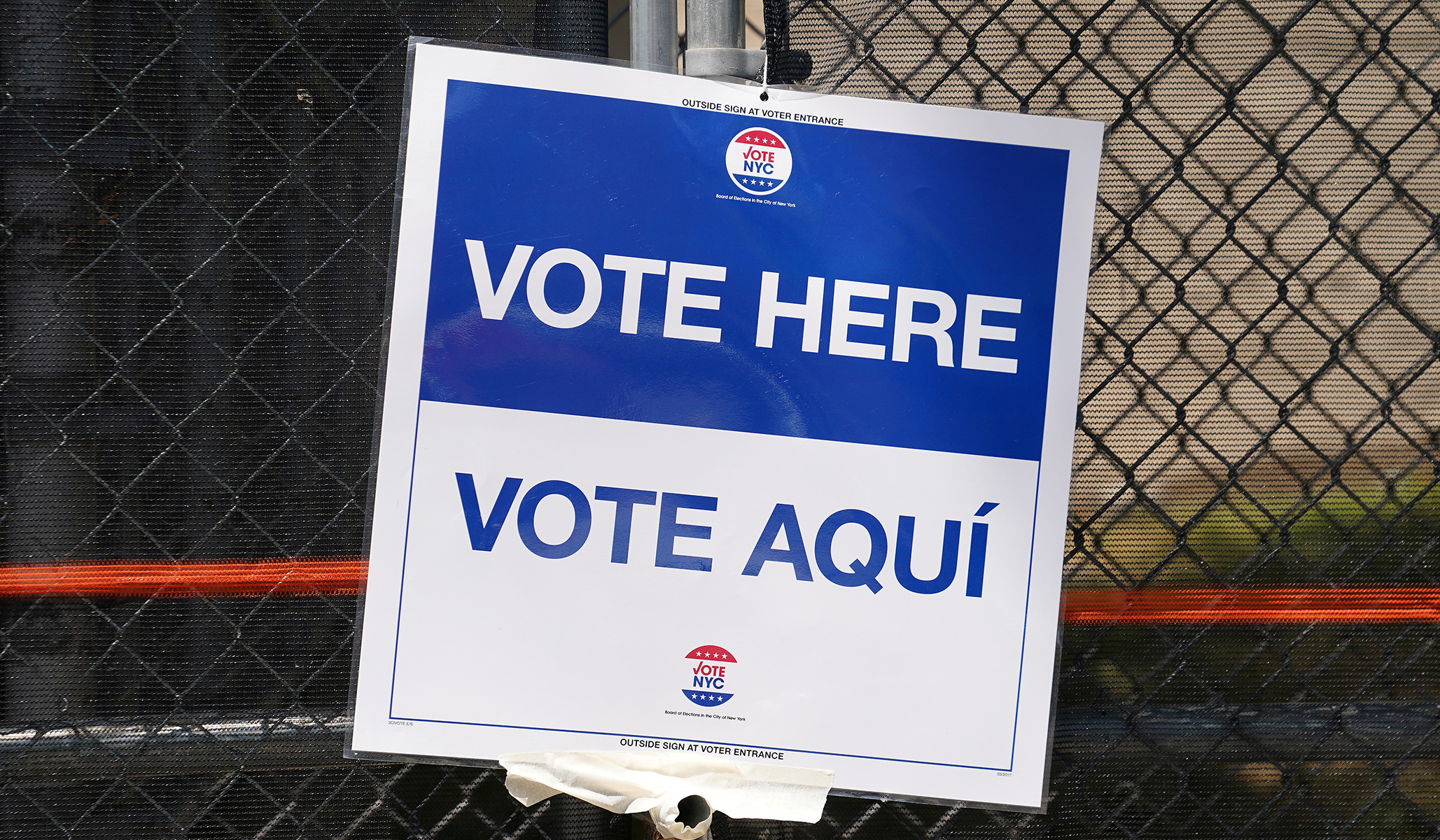Deep inside the Democrats’ latest “compromise” proposal on elections and campaign finance is a new cup of poison for free speech and fair campaigns.
Of course, the sponsors bragged that they dropped some controversial provisions. One such provision altered the Federal Election Commission (FEC), which polices campaign-finance laws, from a bipartisan agency to one with a partisan majority appointed by the president.
The bill, now dubbed the Freedom to Vote Act, abandons that direct attempt to give the president a partisan majority at the FEC. But it still abolishes the principle of bipartisan approval of enforcement actions. Even worse, it rigs court review of FEC decisions against defendants.
In a sign of the bill’s hostility to free speech, the measure also proposes doubling the statute of limitations for most violations of federal campaign-finance laws to 10 years. That’s longer than the statute of limitations for the crime of attempted assassination of a member of Congress.
The FEC was created nearly 50 years ago, in the wake of Watergate, to prevent the president from weaponizing campaign-finance laws against political opponents. The most important feature is the Commission’s bipartisan makeup — six commissioners, with no more than three from any one party. At least four commissioners must approve initiating investigations or finding violations, thus assuring some measure of bipartisan agreement that a law may have been violated.
Under the Democrats’ proposal, the FEC would keep the same structure, but scrap the bipartisan requirement for enforcement action. Instead, the Commission’s general counsel would take control of actions such as starting an investigation and declaring a violation. The counsel’s decision would prevail unless, within 30 days, four commissioners voted to overrule it.
In other words, it would take a bipartisan coalition of four commissioners to stop an investigation rather than launch one. It would also take four votes to declare that no violation occurred. The bipartisan requirement for finding a violation is removed, just as it was in the earlier bill.
The FEC general counsel is a career civil servant, but we should not assume that he is without political preferences or bias. What kind of person aspires to regulate speech about campaigns and elections? Few free-speech advocates probably would think to apply for such a job. Nor are counsels without partisan preferences. One former FEC general counsel later served as general counsel to Senate Democratic leaders Tom Daschle (S.D.) and Harry Reid (Nev.), and to one of Joe Biden’s presidential campaigns. Another later worked for former Massachusetts Republican governor William Weld.
Even assuming the integrity of the counsel, partisan views can influence how one sees cases in partisan elections. That is a major reason current law requires a bipartisan vote to launch an investigation or find a violation. Under the proposed act, it would no longer be necessary to convince anyone from the opposing party to declare a violation.
If a vacancy in the general-counsel position occurs, the most senior attorney at the FEC would become the acting general counsel until replaced. This means the commissioners could have no say in picking the acting general counsel. If this person turns out to be a hard-core partisan, he or she can stay in the position indefinitely, provided there is support by three partisan commissioners.
The bill further stacks the deck against free speech by rigging the judicial-review process against defendants. Under current law, if the FEC rules that there is no violation, the complainant can appeal to the federal courts. Conversely, if the agency finds a violation, the defendant can demand a day in court.
The bill would keep this system intact, but with new rules for the court. Under what is known as Chevron deference, if a law is subject to more than one interpretation, federal courts give deference to an agency’s interpretation of the law. Under the proposed Freedom to Vote Act, however, if the FEC dismisses a complaint, courts give no deference to the Commission’s interpretation of the law. But if the Commission finds a violation, the courts will defer to the FEC’s interpretation of the law, pursuant to Chevron deference. In other words, the bill would put a thumb on the scale of justice, tilting it toward finding that speakers violate the law.
It’s hard to think of the measure that would do more to undermine confidence in the fairness of our campaign-finance laws.
